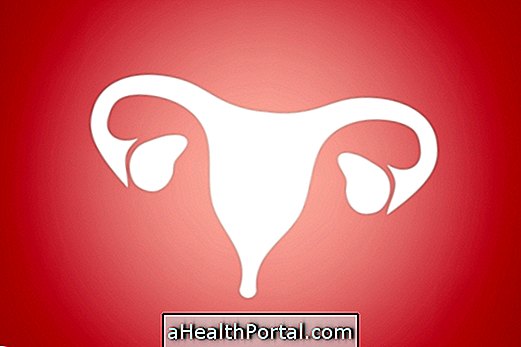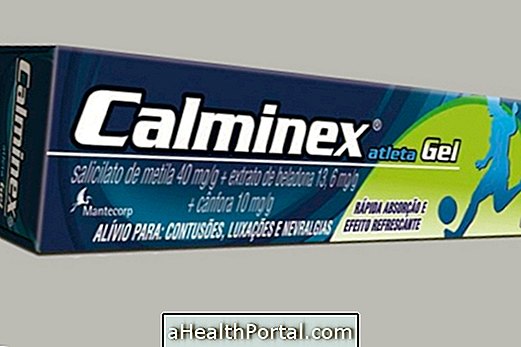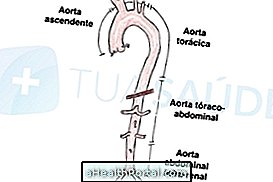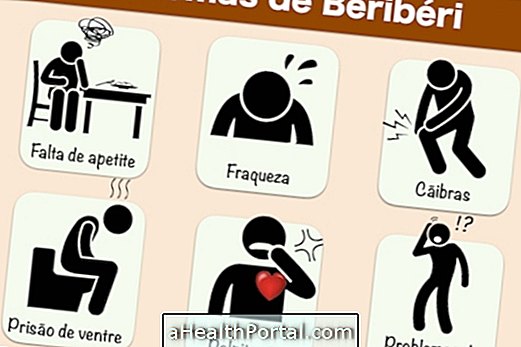Migraine medicines like Sumax, Cefaliv, Cefalium, Aspirin or paracetamol, can be used to stop a time of crisis. These drugs work by blocking pain or by reducing blood vessel dilation, thus controlling the symptoms of migraine, but should only be used under medical advice.
In addition, there are also medications that are used to prevent new migraine attacks, which are generally used in people who have more than 4 seizures in a month, last for more than 12 hours or do not respond to any analgesic medication.
The most appropriate doctor to guide the use of these medicines is the neurologist after evaluating the symptoms and identify what type of migraine the person has but for that can be performed exams such as the tomography, for example.

Remedies to take when pain arises
Some options for migraine remedies prescribed by the doctor that can be used to relieve pain and so should be taken as soon as the headache begins are:
- Analgesics or anti-inflammatories, such as paracetamol, ibuprofen or aspirin, which help relieve pain in some people;
- Triptans, such as Zomig, Naramig, or Sumax, which cause constriction of blood vessels and block pain;
- Ergotamine, present in drugs such as Cefaliv or Cefalium, for example, which are less effective than triptans;
- Antiemetics, such as metoclopramide for example, which are used for nausea caused by migraine and are usually combined with other medicines;
- Opioids, such as codeine, which are generally used in people who can not take triptans or ergotamine;
- Corticosteroids, such as prednisone or dexamethasone, may be used in combination with other medicines.
A good remedy for migraine with aura is Paracetamol that should be taken as soon as you notice the visual symptoms like blinking lights before the headache arises, and avoid any kind of stimulation by staying in a quiet, dark and quiet place. This medicine may also be used in the event of a migraine attack during pregnancy.
Remedies to avoid the return of pain
For people who have 4 or more migraine attacks per month, seizures that last more than 12 hours, do not respond to treatment with other migraine medications, or feel weakness and dizziness during seizures, you should talk to your doctor because it may be preventive treatment.
Remedies used to prevent migraine headaches can reduce the frequency, intensity, and duration of seizures and may increase the effectiveness of medications used to treat migraine. The most commonly used remedies for prevention are:
- Remedies used in cardiovascular diseases, such as propranolol, timolol, verapamil or lisinopril;
- Antidepressants, for changing the levels of serotonin and other neurotransmitters, with amitriptyline being the most used;
- Anti-seizures, which seem to reduce the frequency of migraines, such as valproate or topiramate;
In addition, taking non-steroidal anti-inflammatory drugs such as naproxen may also help prevent migraine and reduce symptoms.
Main side effects
Migraine remedies are very useful for controlling headache, but they can cause unpleasant symptoms. The most common side effects that can be caused by the most commonly used medicines for migraine are:
- Triptans : Nausea, dizziness and muscle weakness;
- Dihydroergotamine : Nausea and change in the sensitivity of the fingers and toes.
- Ibuprofen, Aspirin and Naproxen: Used for long periods of time, can cause headache, stomach ulcers and other gastrointestinal disorders.
If the person has some of these unpleasant effects, the doctor may evaluate the possibility of changing the dose or indicate another drug that has the same positive effect but not the negative effect.
Alternative treatment for migraine

Another way to prevent and treat migraine attacks is to use a device called Cefaly headband for 20 minutes a day. This device is a type of tiara that is placed on the head and has an electrode that vibrates, stimulating the trigeminal nerve endings, which is closely related to the onset of migraine. You can buy the Cefaly headband over the internet, with a price tag of $ 300.






















